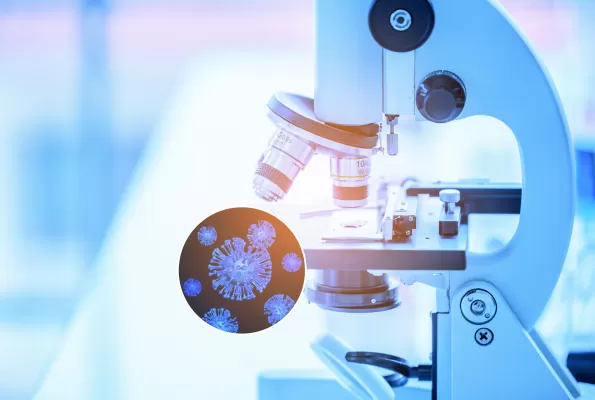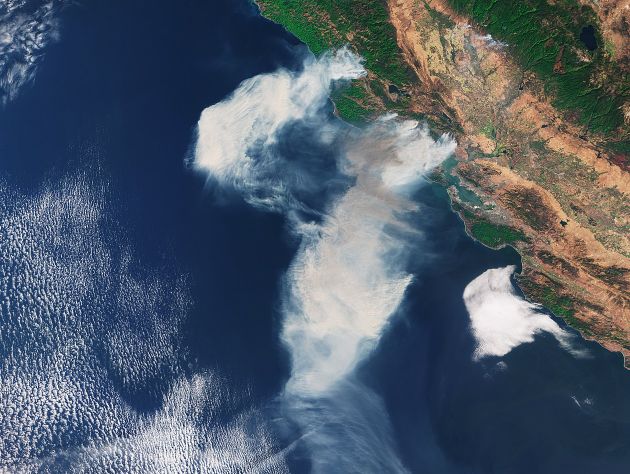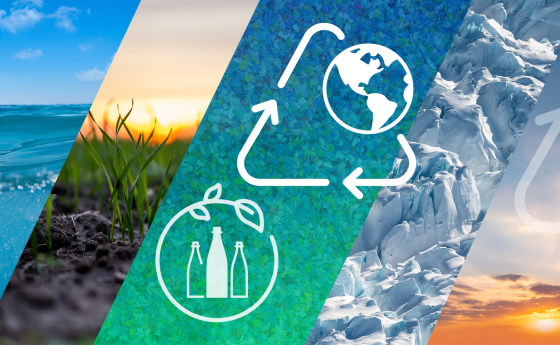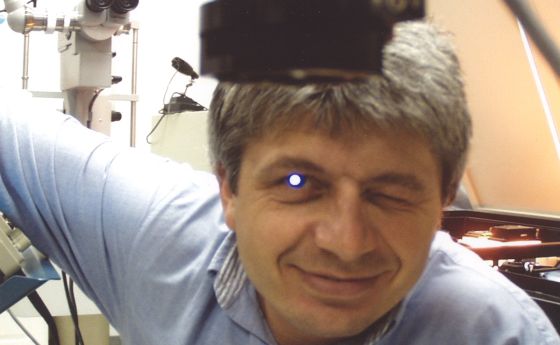
RAPID responders: How NSF support is enabling the fight against COVID-19 in real time
When a disaster or emergency strikes, first responders answer the call. The COVID-19 global pandemic has shown that scientists and engineers are part of this essential group. Everything from vaccine development to social distancing procedures and sterilization methods for personal protective equipment relies on researchers collecting data and acting quickly.
In such urgent cases, the National Science Foundation provides researchers with the support they need to get out in the field or into the lab faster than would normally be possible through the Rapid Response Research program, or RAPID awards. These awards allow scientists and engineers to quickly study all aspects of a crisis and help develop solutions.
What is a RAPID grant?
Research proposals to grantmaking agencies like NSF are the lifeblood of U.S. science and engineering, especially when it comes to exploring fundamental phenomena. It usually takes months for researchers to put a proposal together, to have it reviewed, and to receive funding. RAPIDs shrink that time span down to a matter of days through the focused efforts of NSF staff, who review these proposals to ensure they have potential for innovation; deal with true emergencies that require fast deployment of scientific resources; and represent responsible investments of taxpayer funding.
In response to COVID-19, NSF has made an unprecedented effort to support research with RAPID awards. As of May 20, with the support of Congress, the agency has issued more than 400of these awards across a wide spectrum of fields of study. The research conducted by these scientists and engineers will help the country address the pandemic, recover from it and help mitigate the next health emergency.
Addressing current needs
When COVID-19 arrived in the U.S., its ripple effect traveled through the nation's communities, supply chains, hospitals and medical infrastructure. One of the most visible elements of those effects was a shortage of personal protective equipment, especially medical masks. Of all the COVID-19-related RAPIDs issued, more than 30 projects focused on medical masks, ranging from ways to make them better to the most effective way to communicate proper use.
RAPID-funded scientists are developing masks coated with COVID-19-deactivating proteins; masks that make use of a chemical reaction and ambient ultraviolet light to kill the virus; and self-sanitizing protective equipment that can deactivate COVID-19-carrying water droplets.
NSF invests in multiple approaches and teams to harness the country's full potential for innovation.
Drawing on decades of fundamental research
NSF is uniquely positioned to make valuable contributions when the nation faces major challenges -- like the current pandemic. In contrast to other federal science agencies, NSF's sustained support of basic research across all fields of science and engineering contributes to a robust knowledge base from which the entire scientific community can draw to advance critical research and develop innovative solutions to the challenges posed by COVID-19. Current RAPID awards are leveraging NSF's long-term support for the biological and computer and information sciences, as well as the social, economic, and behavioral sciences, to name a few.
Drawing on decades of fundamental research in virology, current RAPID research is looking into how the immune system responds to viral lung infections caused by COVID-19; how the SARS-CoV-2 virus can jump between species; and the role that surfaces like ATM keypads or cardboard shipping packages play in the virus' spread.
RAPID awards are also facilitating unique interdisciplinary collaborations that help inform decisions of health policy and government officials. Biologists, virologists and computer scientists are teaming up to develop and improve models that show how COVID-19 has traveled through populations ranging from nursing homes to cities. Powered by the newly formed High Performance Computing Consortium, these teams are finding innovative sources for data and combining information and predictions from multiple models into simulations that can give policymakers the information they need to act.
Human behavior also plays a major role in whether COVID-19 is uncontrolled or restrained in a population. Social, behavioral and economic scientists are working to establish solid links between how people behave and what the virus does. For example, research by some of the current RAPIDs is investigating how different populations receive news about COVID-19 and what they do with that information; in particular, why do some people embrace preventative health measures and others reject them? Researchers are also examining how this crisis is affecting the U.S. population, including who we trust, the risks we're willing to take, and how our concepts of societal norms are changing.
A history of RAPID support
In recent decades, NSF's RAPIDs have enabled the fast deployment of scientists and resources at disasters ranging from Hurricane Katrina to the Fukushima Dai-ichi nuclear disaster and the Boston Marathon bombing.
NSF's RAPIDs have studied contemporary crisis to better inform the U.S. on how to handle future situations. For example, when people ignore evacuation orders or delay following them, it costs millions of dollars in rescue efforts and puts responders' lives in jeopardy. After hurricanes Harvey and Irma, NSF funded social and behavioral scientists from the University of California, Irvine, to see what influenced people's decisions to stay or go, and the role of social media in spreading accurate versus inaccurate threat information.
In addition to helping solve immediate problems, RAPIDs have generated benefits that last far beyond the situations they originally addressed. During the 2010 Deepwater Horizon oil spill in the Gulf of Mexico, Case Western Reserve University researchers received a RAPID to develop reusable materials that could absorb up to 20 times their weight in oil from the surrounding water, then later release the still-usable oil. Years later, Case Western Reserve University, in collaboration with the U.S. Veterans Administration and the Cleveland Clinic, put those materials to a different use: absorbing perspiration from the prosthetics used by wounded soldiers.
Another RAPID-funded project quantified some of the effects of the massive amount of smoke generated by California wildfires in recent years. The study found that the fires in Napa and Sonoma valleys contributed 70% of the organic carbon in the region's air, causing millions of people in the area to be exposed to high levels of dangerous smoke particles.
RAPIDs serve a unique place in the opportunities NSF offers the research community. They build off the vast investments NSF has already made in basic research, the scientific workforce, education and research facilities. Without those decades of support, the research community wouldn't be in a place where scientists and engineers could be among the nation's first responders to COVID-19.






